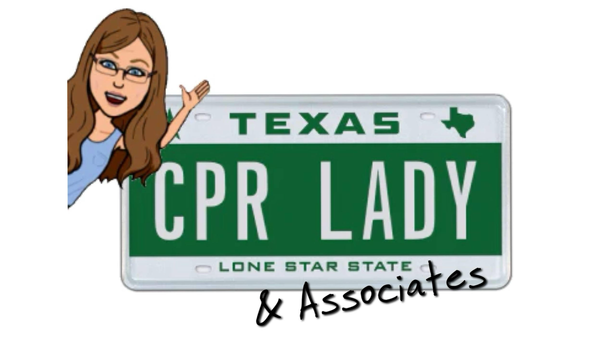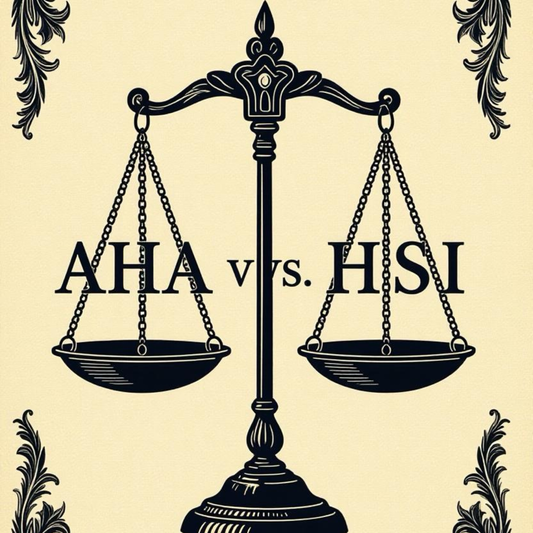
Signs of Human Trafficking
William BeauregardShare
Human trafficking is a modern-day form of slavery that involves the use of force, fraud, or coercion to exploit individuals for commercial sex or labor purposes. It is a serious crime that affects millions of people worldwide, including men, women, and children.
Identifying human trafficking can be challenging, as it often occurs in the shadows and victims may not seek help out of fear or shame. However, there are certain signs that can indicate that someone may be a victim of trafficking. Here are some of the most common signs of human trafficking:
-
Unexplained or sudden appearance of a new friend or romantic partner: Traffickers often use romantic relationships to lure their victims into trafficking situations. If someone suddenly has a new friend or romantic partner who seems to be controlling or manipulative, this could be a red flag.
-
Isolation from family and friends: Traffickers may isolate their victims from their support networks to make it easier to control them. If someone has suddenly become isolated from their family and friends, this could be a sign of trafficking.
-
Working excessively long hours: Victims of labor trafficking are often forced to work long hours, sometimes up to 16 hours a day. If someone is working long hours without breaks or time off, this could be a sign of trafficking.
-
Living and working in the same place: Traffickers may force their victims to live and work in the same place, making it difficult for them to leave or seek help. If someone is living and working in the same place, this could be a sign of trafficking.
-
Signs of physical abuse: Victims of trafficking may show signs of physical abuse, such as bruises, cuts, or burns. They may also be malnourished or dehydrated. If someone shows signs of physical abuse, this could be a sign of trafficking.
-
Fear or anxiety around law enforcement: Victims of trafficking may fear law enforcement because they have been threatened or told that they will be punished if they try to seek help. If someone is afraid of law enforcement or seems anxious when talking about them, this could be a sign of trafficking.
-
Lack of control over their own money: Traffickers may control their victims' finances, including taking their earnings and not allowing them to access money or make their own financial decisions. If someone does not have control over their own money, this could be a sign of trafficking.
It is important to remember that these signs do not necessarily mean that someone is a victim of trafficking. However, if you suspect that someone may be a victim of trafficking, it is important to report your suspicions to the authorities or to a local anti-trafficking organization. By identifying and reporting trafficking, we can help to end this horrific crime and protect the rights and dignity of all individuals.



